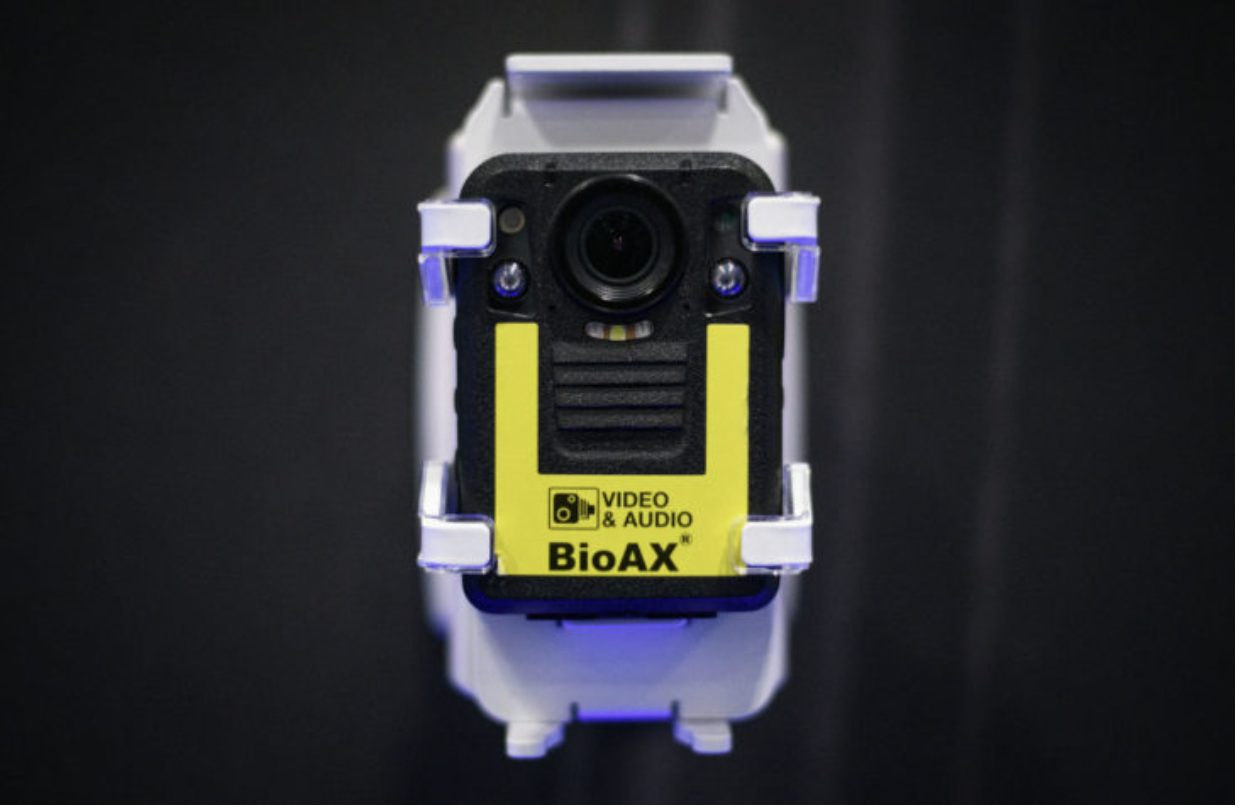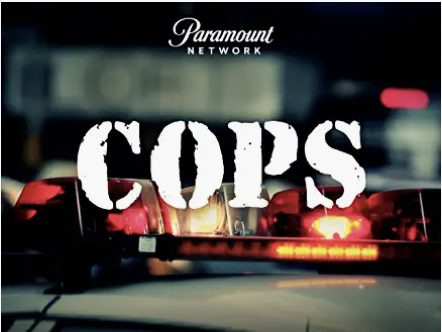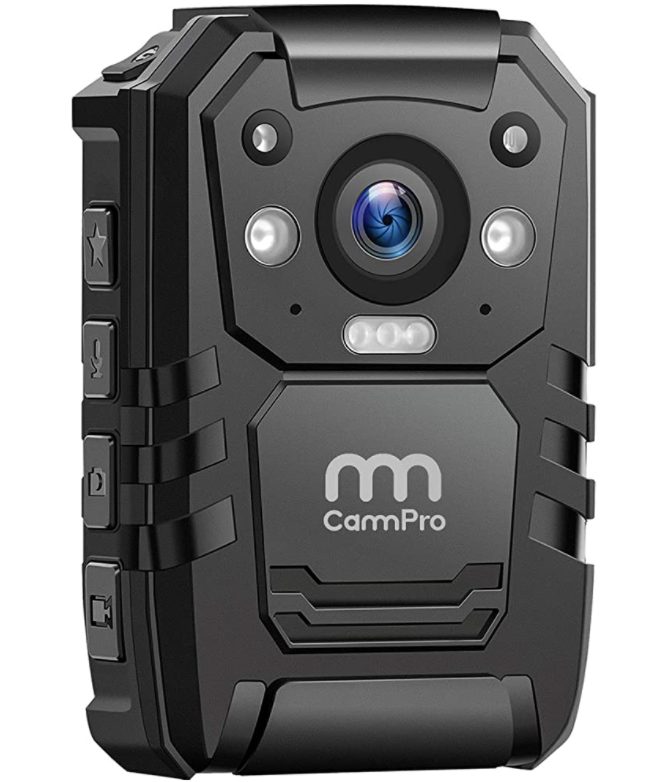The introduction of body cameras as a staple of the police uniform has been a transformative piece of tech.
After just eight years of their use, it’s hard to argue against the impact of body cams in stemming police misconduct. According to a recent study by the University of Chicago’s Crime Lab and the Council on Criminal Justice’s Task Force on Policing, civilian complaints about police misconduct are down 17% since the introduction of body cams. Physical encounters, whether fatal or non-fatal, are down 10%.
After just eight years, it’s hard to argue against the impact of body cams in stemming police misconduct.
It was a struggle to get here. Many cops said that complaint statistics did not justify the indignity of policing the police taping every interaction they have with the public. A vocal minority countered: “If everything is so cool, we will see it.” The good news runs on both sides: body cameras expose the guilty and exonerate the innocent.
Without question, putting a camera on a police officer on the front lines of duty requires a high bar of justification. If you ever watch an episode of Cops, you will see that the pulled-over and the detained are generally a cross section of folks often connected only by impulsive, rude, or entitled behavior. It’s a hard and thankless job, not to mention often dangerous, and you can understand why cops initially resisted being filmed.
Still, prior to the body cam, policing existed on the honor system. Now we have transitioned from “who are you going to believe?” to “let’s go to the tape.” Body cameras, in short, have changed our society for the better.
It’s time to do the same for election workers.
Folks on both political sides are getting agitated regarding the integrity of the American voting process. Body cameras on poll workers could do much to cool these mounting tensions and put a stop to this dangerous political theater.
Body cams on poll workers would do much to cool mounting tensions and put a stop to dangerous political theater.
Planned Man is not a partisan enterprise. We share a common interest in getting the American people to reach a consensus on what constitutes a trustworthy election. Both sides have noble, necessary, and finally complementary principles as their lodestar. Democrats want access; Republicans want integrity. If you asked the rank and file of either party over a friendly drink, each would concede a shared concern for what the other side purports to value. So, in short, there is a consensus among both sides: it is that every legal vote should be counted.
There is also bipartisan agreement that neither side trusts the other a whit to run elections. “Who counts the vote” matters. Here is where body cameras come in. Might they do for poll workers and elections what they have done for police and policing? I think it’s worth finding out.
It’s a smart bet on human nature. If you know that your actions are always being taped and monitored, you have a huge incentive to play by the rules and when someone alleges otherwise, the tape will either set you free or convict you (literally or figuratively). Nothing to hide? Nothing to worry about.
If a citizen thinks that a poll worker is acting in a Jim Crow 2.0 manner, they can take down a badge number and register a complaint. This could be done in real time. If you see something, say something, as we put it in New York and, when a charge is confirmed on tape, we can do something. These cameras would provide a 140-degree view of a voting site, full audio, GPS positioning, and time-stamping. We would be conducting not an autopsy on a tainted election but a cleanup job of an election still in progress, thus ensuring its fairness.
The practice of “ballot harvesting” seems to me to be ripe for abuse. As my priest would say, it’s an occasion for sin and therefore best avoided. But if there were body-camera evidence that captured every interaction between the harvester and the harvestee and rigorous, real-time, post-market surveillance ensuring that a voter’s franchise right is being faithfully exercised, then my concerns would melt away. It would be a great pilot project for states like California that are pushing the access envelope with vote harvesting: put a body cam on it, if you believe in it so strongly, and share the results for public scrutiny. Nothing to hide? Nothing to worry about.
I’m sure, for example, that Mark Zuckerberg used his algorithms to build a poll-working team off Facebook and Instagram that he knew would be suitable for the effort and putting those Zuck Bucks in the service of his own American Dream Team. But imagine if every poll worker hired and underwritten by a tech billionaire is wearing a body camera and accountable to legal sanction. How great it would be for the cause of election integrity to watch that all unfold via body camera? Imagine what Ken Burns could do with such a crowdsourced treasure.
Next time you’re in a Vegas casino, look up. Look at the tech above the table. The dealer is competently and transparently serving the player with the attentive eye of management on both. Information architecture and human-mining video in real time it’s catching folks in the act by recognizing tells and stopping it.
Doing this for elections would not be cheap, of course. There are roughly as many poll workers as there are police — about 700,000 are required for polling and election integrity. On Amazon, the market price for a cop-quality body cam is $150, and that’s before the cost of tech support, cloud storage of election data, and so on.
But on the expense side, the University of Chicago study projects a 5-to-1 return on investment for every dollar spent on police body cams. It’s beyond my competency to score the ROI on bringing transparency to the most vital of our civil institutions, let alone on avoiding more public dissension, not to mention violence and civil war but I have to think it would be even higher than 5 to 1.
Why don’t we give it a try?
To reach Guy Shepherd contact: [email protected]
For media enquires contact: [email protected]













